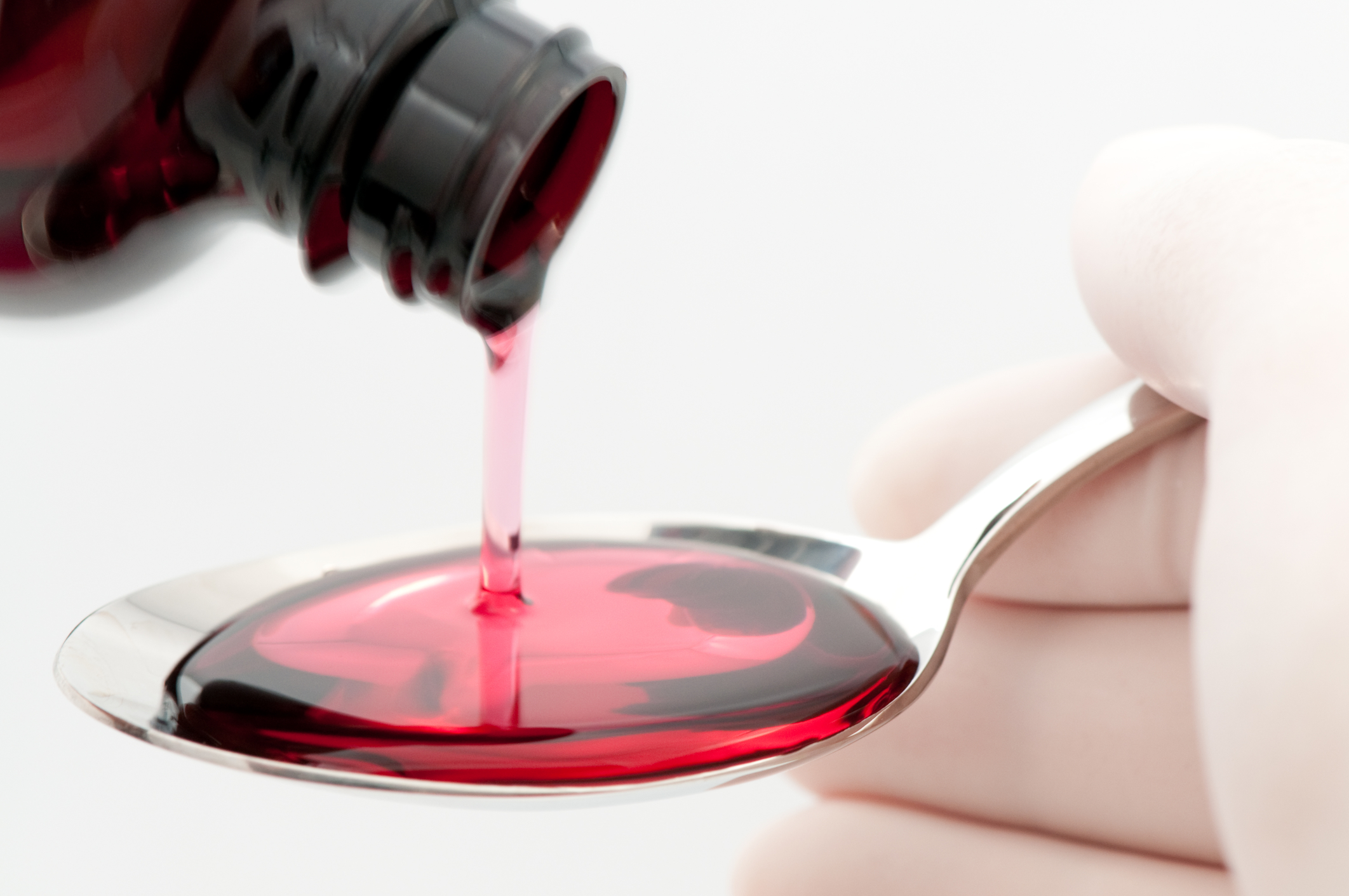Weird Things You Know How To Do If You Get Urinary Tract Infections
The urinary tract typically includes two kidneys, two ureters, a urethra, and bladder. Most women experience at least one urinary tract infection (UTI) in their lifetime, but some get them repeatedly. Women tend to have a higher risk of UTIs than men do because of their shorter urethra, which allows bacteria from the anus region to travel to the bladder more easily. Common reasons for a UTI include wiping back to front, not peeing after sex, and not practicing sanitary habits. Here are nineteen experiences women are familiar with if they tend to get urinary tract infections:
Feeling Dread When Peeing

A UTI is annoying and painful. It also causes all sorts of horrible symptoms, including bloody or cloudy, odorous urine; pelvic pain; and a burning sensation when peeing. On top of it all, a UTI makes women want to pee more often. The dread a woman feels when approaching the toilet while clutching her kidneys is a typical response. It is also common for women to sit on the toilet while attempting to pee and feel like their insides are being shredded apart. It is enough to make some women want to hit their head repeatedly against a wall to knock themselves unconscious and no longer feel the painful, stinging burn.
Having To Keep Cranberry Pills Handy

Women with frequent UTIs keep their cranberry pills stocked and handy. They often become experts on natural medicines, having had plenty of opportunities to research the best remedies for UTIs online in the privacy of their bedrooms. This is how they know cranberry pills can do the trick. Cranberry pills are a common remedy for UTIs because of their acidic and diuretic properties. The acid helps kill off bacteria in the urinary tract, and the diuretic helps clean the body out. Cranberry pills also seem to relieve some of the painful, burning sensation women experience when peeing. Of course, women with frequent UTIs also know that cranberry pills are to be used only in addition to and not as a substitute for antibiotics prescribed by a doctor.
Knowing How To Drink A Small Lake’s Worth Of Water

In their early UTI days, many women hesitate to drink more than one glass of water in a sitting because of the uncomfortable feeling of fullness that occurs afterward. However, women with frequent UTIs are well-versed in chugging down a small lake’s worth of water at the first sign of infection. These women know that the sooner they drink water and the more water they drink when their symptoms are at an early stage, the less likely they are to develop a full-blown UTI. Even women who have had many UTIs have probably saved themselves from at least a few infections by chugging down water.
Keeping The Doctor On Speed Dial

Women who frequently develop UTIs often have their family physician on speed dial. Having experienced so many UTIs, they know what they need and when they need to call up their doctor for an appointment. They also know that if they allow their symptoms to go untreated for too long, the bacteria can end up in their kidneys and cause serious and permanent damage. It is even possible to end up with blood poisoning if the kidneys spread the infection. When a woman's UTI results in a kidney infection, her symptoms intensify to include fever, chills, greater abdominal and pelvic pain, and more severe burning when peeing.
Stupidly Deciding Once Or Twice To Let The UTI Resolve Itself

Some women decide once or twice to let their UTI heal on its own. But by the third time, most women realize that UTIs usually do not heal on their own and that the pain they have to endure is not worth the attempt to self-heal. Many women have heard stories of people with UTIs who held off on taking antibiotics and spontaneously self-healed whereas women who took antibiotics healed faster but had to live with the fact that they are contributing to antibacterial resistance, the phenomena of bacteria becoming stronger and more resistant to the prescribedmedicine. Most women do not want to contribute to antibiotic resistance but have no choice. The pain of a UTI is too severe. This is why many women allow their doctors to prescribe antibiotics for their UTI.
Making The Mistake Of Downing The Wrong Kind Of Cranberry Juice

Many women with UTIs have had the experience of downing cartons upon cartons of the wrong kind of cranberry juice. At the first sign of a UTI, they reach for a carton of juice with cranberries on it only to realize that the juice contains no real cranberries at all. These juices did not help these women fight their UTIs, so they now vigilantly read juice labels for the ingredient 'cranberries.' It is important to drink juice that contains actual cranberries because this fruit contains flavonol, a substance that helps treat UTIs by killing off and preventing bad bacteria in the urinary tract from spreading. Women with UTIs are advised to buy one hundred percent real cranberry juice or real cranberry juice that is diluted with water.
Getting Used To Peeing In Cups

Although the average person typically pees in a cup about once a year or once every two years as part of a comprehensive physical exam, women with frequent UTIs are accustomed to peeing in cups much more frequently. That is because recurring UTIs require women to make many trips to the doctor’s office. Doctors ask women with a suspected UTI to pee in a cup so they can analyze the urine sample for signs of an infection, including bacteria and white blood cells. Women with frequent UTIs become experts at aiming for the small cups and not getting their hands soiled in the process.
Refusing To Use A Douche

Women who experience frequent UTIs are so sensitive to pain that the last thing they want to do is use a douche. They also know from all the research they have done on UTIs that douches are ineffective — they actually promote infections and other health problems. The concept of douching may seem appealing (people believe it keeps women clean down there), but in reality, the opposite is true. Douching changes the balance of bacteria in a way that makes it easier for them to grow and cause infections in the urinary tract. Douching is also linked to pelvic inflammatory disease and cervical cancer.
Knowing That Using Bath Bombs Is Playing With Fire

Women who have never used a bath bomb may squeal with delight the first time they use them. But after getting into the tub, they may regret it. Many women are sometimes still tempted to use bath bombs because of their pleasurable effect on the senses – the sound of fizz and crackling, the rivers of rich colors, and the fabulous scents. But as they remember the pain of a UTI that can follow bath bomb use, women with frequent UTIs know that to use bath bombs is to play with fire. The perfume, dye, and even glitter in bath bombs are all triggers for a UTI. These chemicals easily upset the delicate balance of the vagina, making it easier for bacteria to invade and infect.
Having A Hard Time Believing That Some Women Never Get UTIs

It can be easy to understand why women are more likely than men to get UTIs (because of the shorter distance between the anus and the urethra). But it can be difficult for women with frequent UTIs to understand why some women never seem to get UTIs whereas they get them constantly. Experts say that getting more than three UTIs a year is outside the average range. Genetics may be a reason for this. Research has shown that some people have bladder wall receptors that make it easier for bacteria to stick to them. Although women with these receptors may be one of the more genetically susceptible individuals, they are, as a result, armed with a large body of knowledge that will help them prevent and treat UTIs. Still, women who rarely experience UTIs sure are lucky.
Debating Whether To Pee After Sex

Having experienced so many UTIs, many women know that not peeing after sex tends to be a common reason for infections. However, even though they know this, it is not uncommon for these women to still debate whether they should muster up the energy and break up the cuddling to visit the bathroom or succumb to their more immediate need for rest and affection. In the past, they may have chosen the easier route, but after paying the price for it, they have developed a much stronger will. Even so, some women still spend a few minutes debating in their heads whether they should pee after sex.
Not Peeing After Sex And Regretting It The Next Day

After the few times a woman has chosen not to pee after sex, she has probably regretted it the next day. She has given bacteria plenty of time to travel to her urethra and give her a UTI. And unfortunately, it did just this. Peeing after sex is one of the best ways for women to protect themselves from UTIs. This process allows the body to flush out bacteria and prevent it from travelling to the bladder. Some experts say there is no time limit for experiencing this benefit whereas others say it is best to make an effort to pee immediately after sex. At the very least, women should pee before they fall asleep.
Feeling Resentment If A UTI Develops After Sex

Many women with frequent UTIs admit to feeling resentment if they develop a UTI after having sex. They know their partner is not at fault. But they also feel upset that they have to suffer from the pain of an infection while their partner gets to continue on with life uninterrupted. Whereas men may simply get to enjoy the memory of a romantic night of sex, women who develop a UTI have to take cranberry pills, drink cranberry juice, and ingest antibiotics while hoping their condition clears up within a few days. During this time, they experience pelvic pain, burning, and spasms every time they go pee.
Being Secretly Jealous Of Men

Some women are jealous of men because they do not get premenstrual syndrome or a period every month and they do not have to experience the pain of childbirth. However, women with frequent UTIs may be secretly jealous of men because they do not have a vagina where bacteria can enter and infect the entire urinary tract. It may make these women feel better to know that although it happens rarely, men get UTIs too. But because UTIs are much more common among women, it may be impossible to eliminate all feelings of jealousy that women with frequent UTIs have toward men. For some women, it may help to know that their partner does not enjoy the times they have a UTI and may suffer in his own way along with them.
Hating Getting Up To Pee

At night, women with UTIs may look over at their partner, who is gently dozing, and feel sorry about the fact that they have to leave bed to pee just when they were about to fall asleep. These women may find themselves just about to start counting sheep when an inner alarm bell goes off to tell them they urgently need to pee. Some women try to tell themselves they cannot possibly get another UTI, but the thought of bacteria invading their urinary tract is enough to make them bolt out of bed. After peeing, some women may find themselves wide awake while they stare at their sleeping partner, unable to fall asleep themselves.
Wondering If Anyone Notices How Often They Go To The Bathroom

After experiencing so many UTIs, some women become particularly conscious of how often people go to the bathroom. Some even find themselves trying to guess if another woman who takes frequent trips to the bathroom has a UTI herself. This watchfulness makes some women self-conscious and even a bit paranoid about whether anyone notices that they go to the bathroom at least twenty times in a day. Women may even try to cover up their trips to the bathroom by performing small tasks, such as stopping at a vending machine and buying a bag of chips on their way back, so people do not know they visited the restroom for the umpteenth time.
Experiencing A Phantom Sting

Some women have become so used to the symptoms of a UTI that they feel they have the symptoms of an infection even when they do not. They may have experienced UTIs so frequently that it feels abnormal not to have one, so their mind conjures up symptoms of a UTI to bring a sense of normalcy to their life. At first, some women may have trouble distinguishing between phantom symptoms and real symptoms; they may find themselves downing cranberry drinking and popping cranberry pills even when they do not have an infection. But after a while, women with frequent UTIs learn how to tell the difference and can quickly recognize when they are experiencing a phantom sting. Phantom stings do not bother these women anymore and instead give them a reason to chuckle.
Being No Stranger To The UTI Dance

Everyone knows the Macarena, the Whip and Nae Nae, and the PSY dance, but some women are also familiar with the more obscure 'UTI dance'. The UTI dance makes perfect sense – it is the combination of the need to pee and a burning pain. Some women feel the urge to break into it in public both when they have a UTI and even when they do not. The dance is celebratory, so women do not have to feel like they are suffering from their UTI alone. There are many women around the world experiencing a UTI and dancing the UTI dance at this very moment.